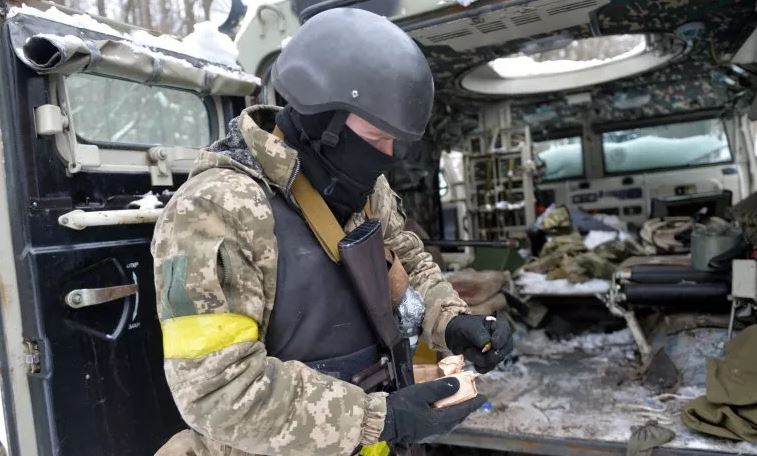EU, US and NATO push Kosovo into conflict

Tensions between Belgrade and Pristina occur regularly, as a result of the fact that the Kosovo issue has not been resolved since 1999, when the province de facto gained independence after the US-led NATO campaign against the former Yugoslavia.
However, this time there is a risk of more or less routine friction escalating into a dangerous conflict, because the context has changed dramatically.

The problem of Kosovo was solved at the end of the twentieth century in strict accordance with the then dominant approach, and in the seeming absence of an alternative. Disputes in most of Europe (ie. outside the former USSR) were settled according to the EU’s ideas of fairness, and where they could not be worked out amicably, pressure was exerted on those who rebelled, up to the use of military force (primarily American, as always).
The most recalcitrant players were in the Balkans – in the first half of the 1990s, the Bosnian war took place, and in the second – the Kosovan conflict.
Without assessing the quality and moral aspects of politics over the past 25 years, we can talk about the most important thing. The region developed in conditions where the only future roadmap for the various state was eventual membership of the EU – the prospects of which varied from relatively close or very distant, but inevitable.
There were no other options, no plans B, C or D. Accordingly, it was the EU that regulated the processes taking place locally, and, in general, this setup was taken for granted.
Moreover, other powers which have been traditionally active and important in the Balkans – Russia and Turkey – indicated their presence (sometimes quite clearly), but did not pretend to have a decisive voice in the way things were arranged. This framework also defined the room for maneuver of the countries of the region, including those who were most loudly dissatisfied, like Serbia.
Now two main circumstances have changed. First, the EU is in such a vulnerable state that it is not ready to take full responsibility for the extremely complex political situation in its immediate periphery. It cannot promise membership, and more precisely – even if such a pledge were made, it doesn’t guarantee anything.
read more at RT.com
By Fyodor Lukyanov, the editor-in-chief of Russia in Global Affairs, chairman of the Presidium of the Council on Foreign and Defense Policy, and research director of the Valdai International Discussion Club.

